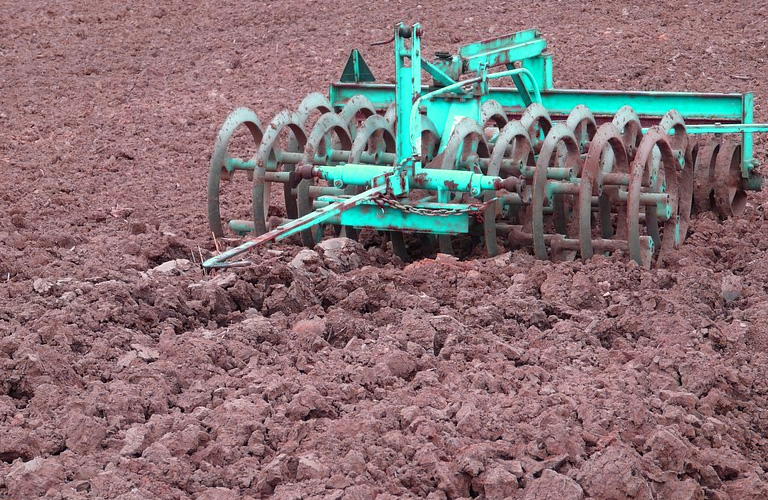The Benefits of Growth Can Have Negative Effects
World need responsible development which takes place within the framework laid down by nature, not at the expense of nature and the environment. Continued growth, combined with a rapid increase in population and unchanged production and consumption patterns, increases pressure on the biosphere.









